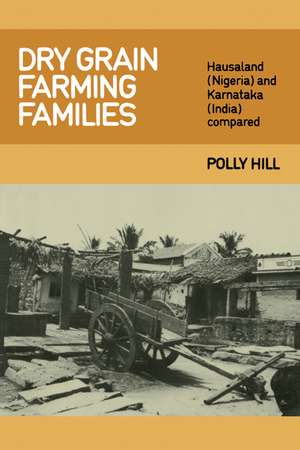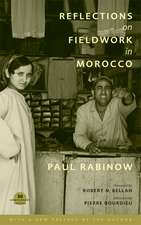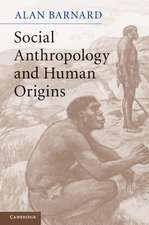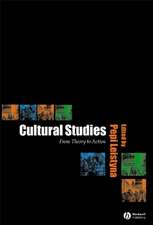Dry Grain Farming Families: Hausalund (Nigeria) and Karnataka (India) Compared
Autor Polly Hillen Limba Engleză Paperback – 6 oct 1982
Preț: 327.41 lei
Nou
Puncte Express: 491
Preț estimativ în valută:
62.65€ • 65.59$ • 51.84£
62.65€ • 65.59$ • 51.84£
Carte tipărită la comandă
Livrare economică 07-21 aprilie
Preluare comenzi: 021 569.72.76
Specificații
ISBN-13: 9780521271028
ISBN-10: 0521271029
Pagini: 340
Dimensiuni: 152 x 228 x 20 mm
Greutate: 0.5 kg
Editura: Cambridge University Press
Colecția Cambridge University Press
Locul publicării:Cambridge, United Kingdom
ISBN-10: 0521271029
Pagini: 340
Dimensiuni: 152 x 228 x 20 mm
Greutate: 0.5 kg
Editura: Cambridge University Press
Colecția Cambridge University Press
Locul publicării:Cambridge, United Kingdom
Cuprins
List of tables; List of figures; List of plates; Preface; Acknowledgements; List of abbreviations and conventions; Introductory chapter; 1. Background material: the two regions and the eight localities; 2. A dry grain Agrarian mode; 3. The village farmland; 4. The farming household: (1) joint households; 5. The farming household: (2) miscellaneous aspects; 6. The essence of inequality: land ownership; 7. The diversity of economic activity; 8. Intensification; 9. Upward and downward mobility; 10. Migration; 11. Rural/urban relationships; 12. The withdrawal from the countryside; 13. Agrestic servitude; 14. The inevitable dissolution of the large estates; 15. How did the weakest elements formerly survive in the anekal villages?; 16. The lack of an Agrarian hierarchy in pre-colonial west Africa; 17. A dry grain mode: some conclusions; List of references; Index.
Descriere
This book represents a radical assault on prevailing orthodoxy of the study of economic features of rural tropical economies:













